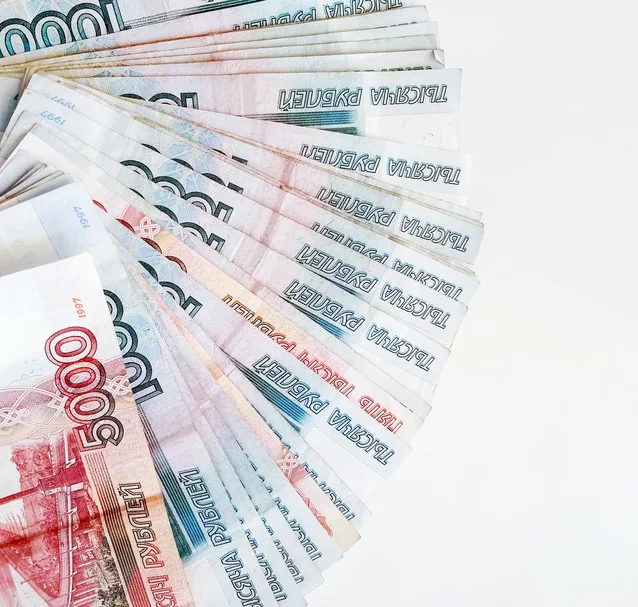Zolotaya Korona suspends some of its operations

Zolotaya Korona (or KoronaPay), a service of instant money transfers that accounts for three-quarters of money transfers between Russia and Kazakhstan, has suspended its operation with international money transfers from cards issued by several Russian banks. The move followed a decision of the company’s partners who do not want to breach sanctions, according to the RBC news agency citing the press service of Zolotaya Korona.
Holders of cards issued by Tinkoff, Sber and Alfa Bank can no longer make any international money transfers with the help of Zolotaya Korona. When a user attempts this, he or she sees a notice from the system suggesting that the user needs to choose or add a card issued by another bank.
«We have to follow the requirements of our international partners, transfer banks and our compliance office. These requirements reflect the desire to stay away from breaching sanction regimes imposed by third countries,» Zolotaya Korona said.
More than 20 Russian banks have been targeted by international sanctions due to Russia’s full-scale invasion of Ukraine. Among these banks are Tinkoff, Sber, Alfa Bank, VTB, Rosbank, Sovkombank, Credit Bank of Moscow and MTS Bank. The last package of American and European sanctions on Russia has cut Russian banks from SWIFT, the international messaging network through which international payments are initiated worldwide.
Zolotaya Korona is a service of instant money transfers from Russia to Kazakhstan, Kyrgyzstan, China, Turkey and other countries. The transfer might be made in different currencies. In Kazakhstan, the service accounts for three-quarters of money transfers abroad. About $1.7 billion (76.7%) was transferred from Kazakhstan over the period from January 2022 to November 2022 with the help of Zolotaya Korona.
According to the country’s National Bank, $775.4 million was transferred from Russia to Kazakhstan in 2022, which is a sevenfold increase compared to $122.9 million in 2021.

